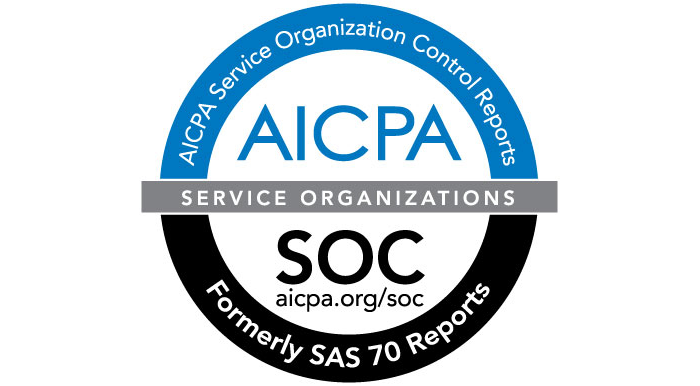With the increasing maturity of cloud.ca in the Canadian market and the recent revocation of the EU Safe Harbour agreement for US-based companies, the time was right to assess and report on the state of jurisdictional compliance and data sovereignty in Canada and how it relates to the cloud. In general, global software companies, globalized enterprise shared services, and government related organizations are driving large demand for Canadian owned and operated cloud infrastructure, and we are excited about the future of delivering secure API-centric utility infrastructure, unlocking agility and cost effective IT.
Cloud vs. Hosting, Knowing the Difference Can Be Profitable!
“The cloud” has evolved from humble beginnings ten years ago to a big tent word similar to “internet” and “web”. Most hosted services are now called “cloud” by the market, however amidst all this “cloud washing” the fundamental innovation of cloud computing is often overlooked - to be able to use what you need, when you need it. The ability to rightsize IT resources to changing requirements, combined with end-to-end automation of services via application programming interfaces (APIs), distinguishes cloud infrastructure services from traditional hosting services.
Treat Your Infrastructure as Code
Infrastructure as Code (IaC) is a valuable concept and practice embraced by DevOps, but it is fairly abstract for many IT operators and technology executives. It requires the leveraging of agile infrastructure (IaaS) that can be orchestrated using RESTful APIs, like cloud.ca and AWS. IaC is often mistakenly considered part of configuration management provided by tools like Chef, Ansible, Puppet and SaltStack.
Introduction to "10 Ways to Think Like a Cloud"
Rules of the new on-demand architecture
Cloud computing represents a significant shift in IT strategy. Now that applications run on virtual infrastructure—independent of the underlying machinery—they are portable and therefore give third-party providers the opportunity to sell computing as a utility.
Four Key Traits of IaaS Networks
When moving applications to regional IaaS clouds, we recommend customers evaluate their cloud provider’s network. Here are some things to look for that will help when evaluating an IaaS provider’s network to ensure the performance, availability, and service delivery of your web application.
Backup Your Data to cloud.ca Object Storage
Everybody knows that backups are essential, but getting them set up properly often seems like a tedious task. Well, the good news is that it doesn't have to be! In a cloud environment like cloud.ca, you have all the building blocks to make it a simple process.
Automate your cloud.ca deployments with Terraform
Note: This post was written in 2015. The tutorial linked below runs on an expired version of Terraform and is no longer up-to-date. You can find a relevant and working blog post on the configuration here, and its github repository here. It uses a cloud.ca plugin rather than the CloudStack one.
Today, thanks to the cloud, all the computing resources you need are just a few API calls away. A whole infrastructure can be created and modified this way. Then, to treat infrastructure as code, you just need a tool that translates a plain text description of your infrastructure into a sequence of those API calls. That's what Terraform does. In this post, we will see how it is possible to treat infrastructure as code with the use of Terraform and cloud.ca.
Wolverine is one of the most awesome superheroes in the Marvel Universe. It’s not because of his fierceness, the fact that he’s Canadian, or the fact that he has indestructible metal claws coming out of his fists. It’s because no matter what happens to him, no matter what harm he endures, he has a healing factor that lets him come back and continue to fight, time and time again. Wolverine can push bullets out from his wounds to heal, or regenerate from an atomic blast if he has to. He is the ultimate example of resilience and a metaphor for what you want in a cloud application — a soldier who keeps fighting for your business without being stopped.
Image credit: XKCD
What happened?
Amazon Web Services experienced a service disruption for 8 hours and 33 minutes on Sunday, September 20, 2015, from 2:19 AM PDT to 10:52 AM PDT. The outage, which affected its US-EAST–1 North Virginia location, began with a network disruption that significantly increased error rates on Amazon’s DynamoDB (NoSQL database) service. This led to a cascade whereby some 37 other AWS services would begin to falter and show increased error rates for API requests.
Canada’s Cloud IaaS SOC 2 Certified
cloud.ca, Canada’s cloud Infrastructure as a Service (IaaS), has earned its SOC 2 type 1 certification.













